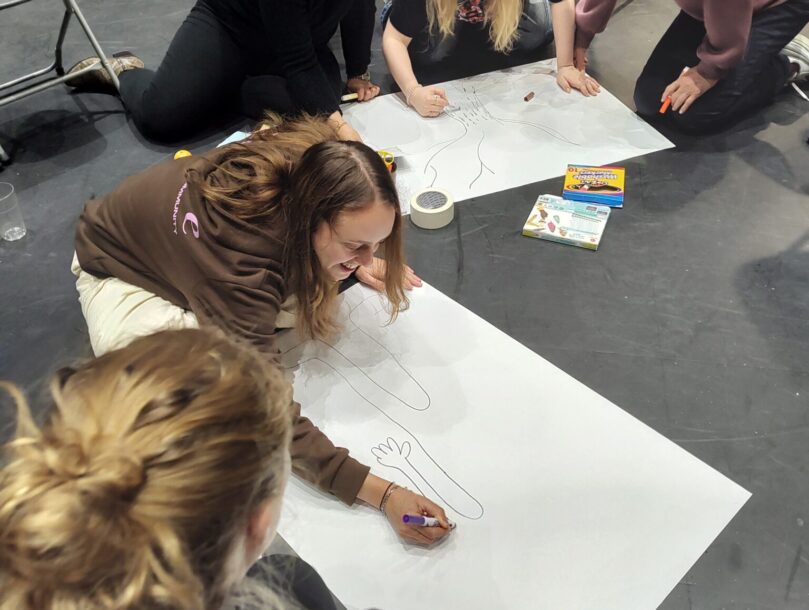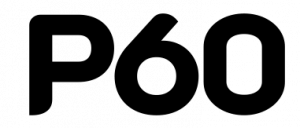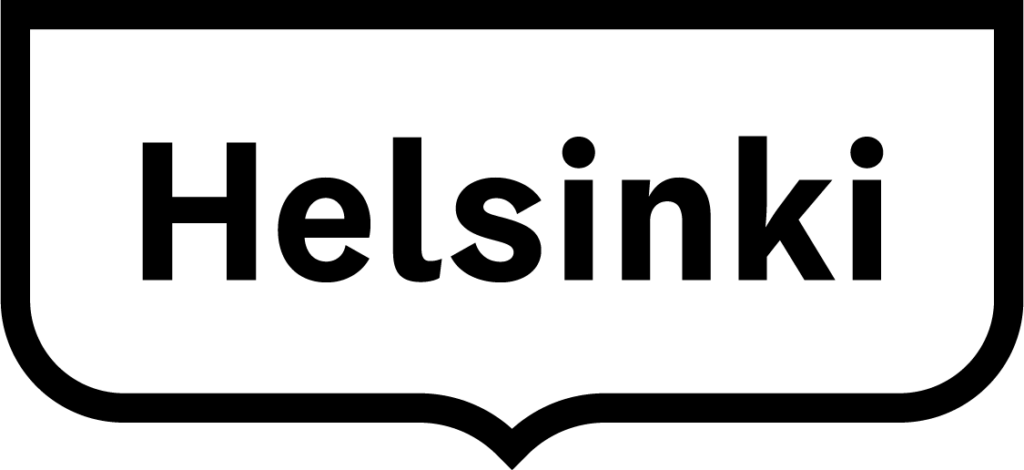By: Gerard Lohuis/managing director P60-NL
In P60 the Diggiloo multiplier events where split in three discussion: About Digital Youth Culture, Youth Influencers and the dark side of social media . In total there were 118 young participants, 65 without P60 volunteers.
The nice side:
Participants mentioned the good things, you meet new people all over the globe with gaming and online communities. A forum as Reddit have communities dedicated to specific interests where collaboration requests can be posted. Discord servers can be used for real-time discussions, planning and working together.
Also participants are using online workshops, webinars for e.g. E-mentoring for study, providing guidance and discovering new interests. The talent sharing part is popular if you want to make art (Sketchpad/Krita), video (TikTok/YouTube) and music (Soundcloud).
Current trend now is that enhanced immersive experiences are becoming more mainstream, with platforms integrating Augmented Reality/Virtual Reality capabilities.
Youth influencers are depending for their income on many followers. Dutch make up artist Nikki de Jager has 14M followers and ears around 26.800 Euro per post. Also from NL is Negin Mirsalehi (hair-care) with 6,8M followers (earning around 2.580 Euro per post. The male participants are following the most Dutch DJ Martin Garrix (17,2M followers) and soccer player Memphis Depay (9M followers).
Influencers are for participants a source of inspiration and knowledge. You feel a personal bound with them cause they create a sense of personal connection with a common interest (food, sport, fashion, music) and they keep you updated with regular posts.
The dark side:
Several studies have indicated a correlation between heavy social media use and mental health challenges. The influencers, being a significant part of this ecosystem play a role in this dynamic. They have the power to shape perceptions, desires and behaviors. Constant comparison can lead to issues like anxiety, depression and lower self-esteem among young followers. Not all influencers base their content on facts, leading to the spread of misinformation.
Platforms can become spaces where individuals face online harassment, leading to mental and emotional distress, social isolation and abuse of personal information. Participants shared some bad experiences. Loneliness as-real life person mas mentioned because of excessive use of social media (addiction). Some were abused cause of sexting (sharing naked pictures online).
This open dialogue about online experiences can educate youngsters about online safety and encourage critical thinking skills for protection.









